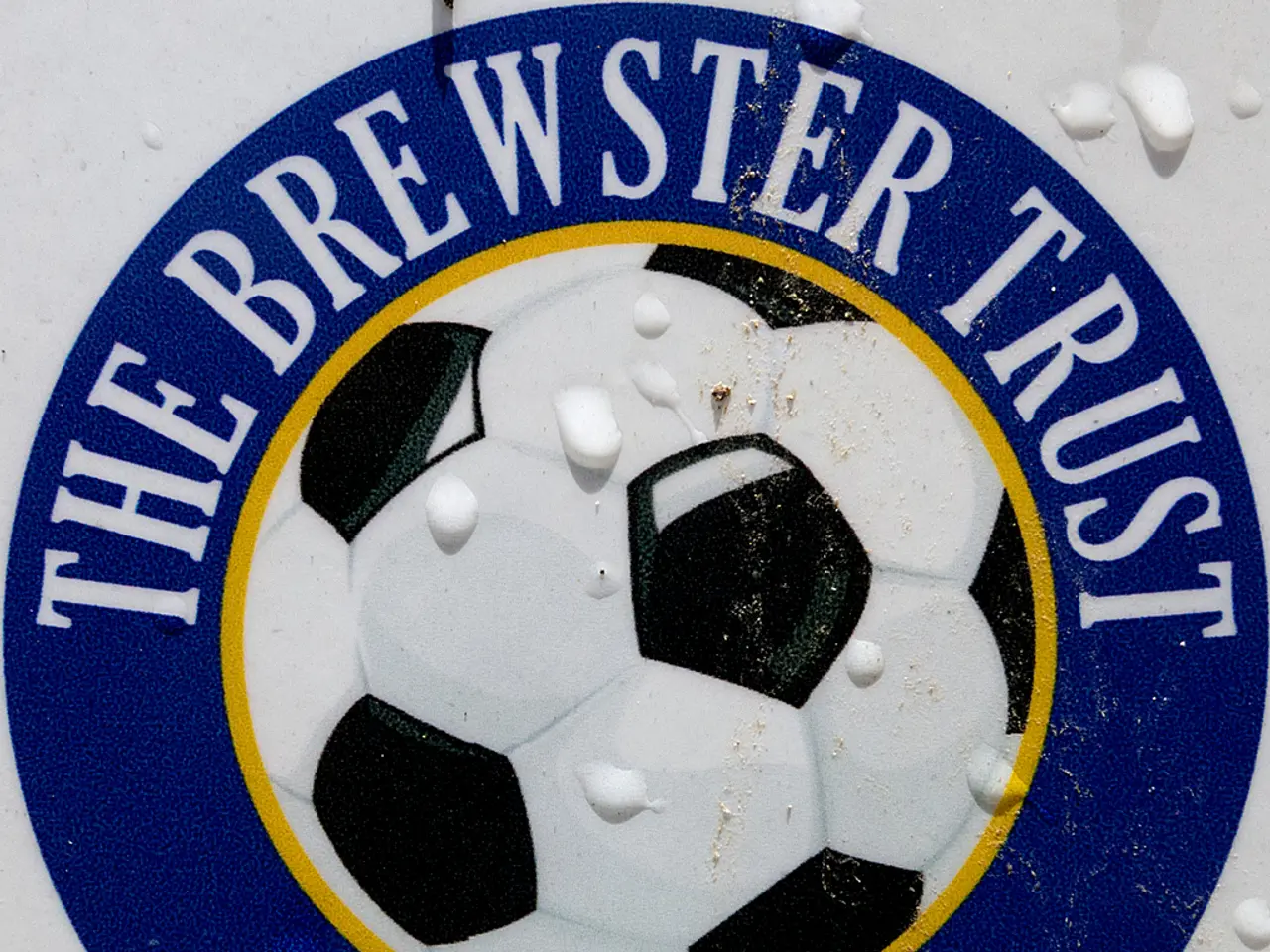Advancement of Sports Betting Legislation in Massachusetts Faces Potential Obstacles
The Massachusetts Senate Ways and Means Committee has agreed on new language for a sports betting bill (S.2844), marking a significant step forward in the state's ongoing debate on legalising sports wagering. If passed, the bill would allow for both college wagers and the use of credit cards, but it includes high tax rates and several restrictions.
The bill proposes a 20% tax rate on adjusted gross gaming revenue earned from in-person wagers and a hefty 35% tax on all digital wagers. However, it bans betting on college sports and does not allow consumers to fund sportsbook accounts with credit cards.
Connecticut, New Hampshire, New York, and Rhode Island already offer statewide mobile betting, but Massachusetts could soon join the ranks with S.2844. The bill sets a $2,500 lifetime deposit limit for bettors, and operators are required to cut off a bettor once the limit is reached. Additionally, sportsbook operators would be prohibited from advertising during a live television event.
If the bill passes, the Massachusetts Gaming Commission would be the regulator for sports betting. The commission has already started doing background work on wagering rules. Operators would have to pay a $5 million licensing fee for five years, and a one-time, non-refundable $200,000 application processing fee.
The legal wagering age would be 21, and the bill would ban advertising to minors. The bill also provides guardrails around advertising, marketing, and promotions. Operators are required to allow patrons to set self-imposed limitations on sports wagering when they join the mobile application or digital platform.
An annual "research agenda to understand the social and economic effects" of wagering would be required. State spending on problem gambling treatment would be capped at $5,000 per person, and there are requirements that problem gambling hotline numbers be prominently displayed and that voluntary self-exclusion lists be available.
The bill would direct 2.5% of state revenue to either the Race Horse Development Fund or the Education Fund, depending on if certain race-day thresholds are met. Sports governing bodies could request that certain events or wagers be prohibited.
If a conference committee could come to an agreement, sports betting might not go live by the end of this year and possibly not even by the 2023 Super Bowl. The purchase or use of an athlete's biometric data is prohibited, and Massachusetts tribes, once they have re-compacted with the state, would be eligible for Category 1 licenses.
One skin, or digital platform, per brick-and-mortar gaming location would be allowed, though the number of licenses that could be issued is unclear. The sports betting bill (S.2844) is now headed to the Senate floor for debate, with lawmakers on both sides of the issue appearing unwilling to yield, which could set up the need for a conference committee.
To stay updated on the current status and differences of S.2844 versus the House bill from last summer, it is best to consult the Massachusetts legislative website or official state legislature records, as such information was not included in the search results provided.
- Operators in Massachusetts, if the bill S.2844 passes, will be subject to a 20% tax rate on in-person wagers and a 35% tax on digital wagers, while bettors will be limited to a $2,500 lifetime deposit.
- The bill prohibits betting on college sports and the use of credit cards for sports-betting purposes, but allows operators to offer sports-betting through a digital platform or mobile application.
- Sportsbook operators must comply with advertising restrictions such as not advertising during live television events, not advertising to minors, and providing prominently displayed hotline numbers for problem gambling treatment.








